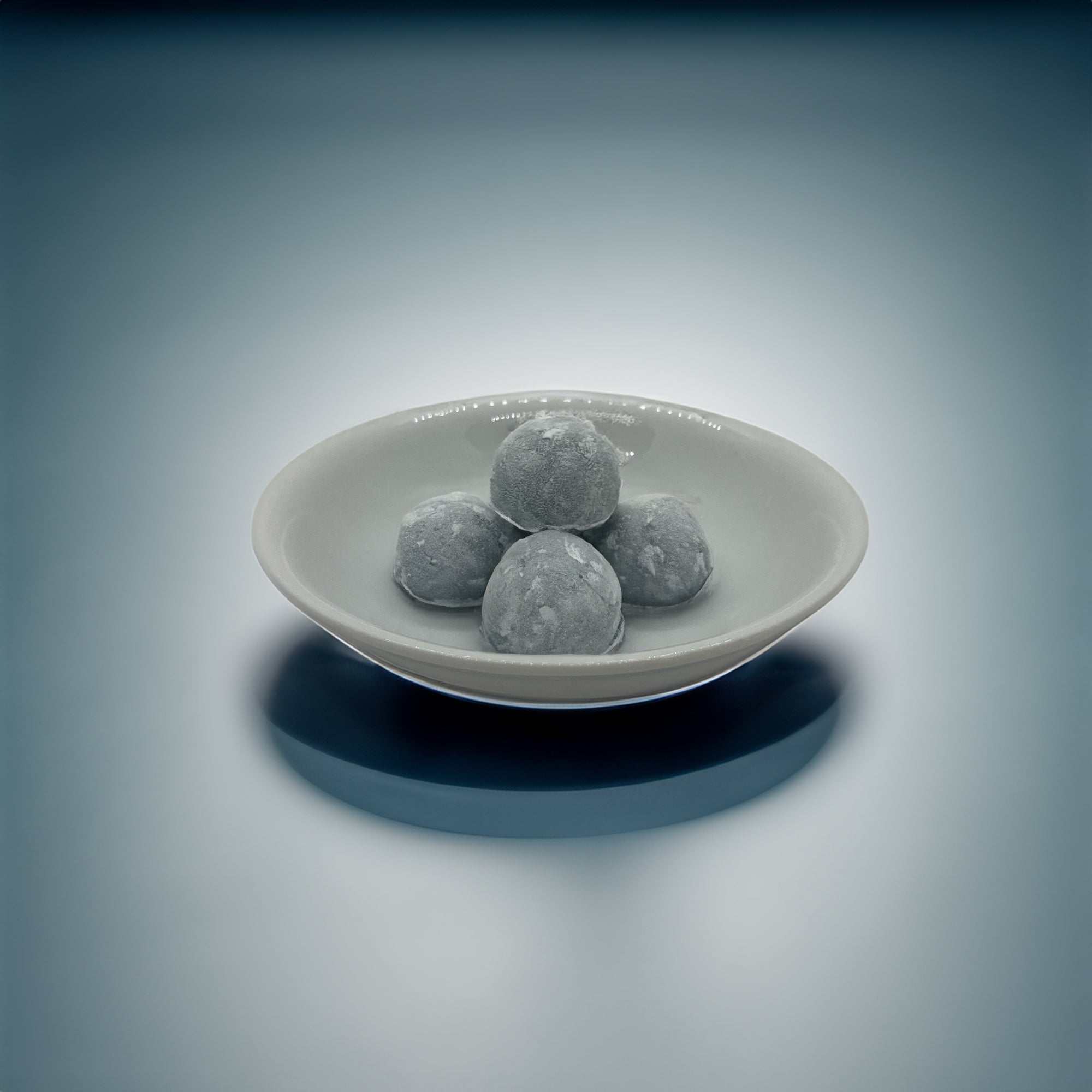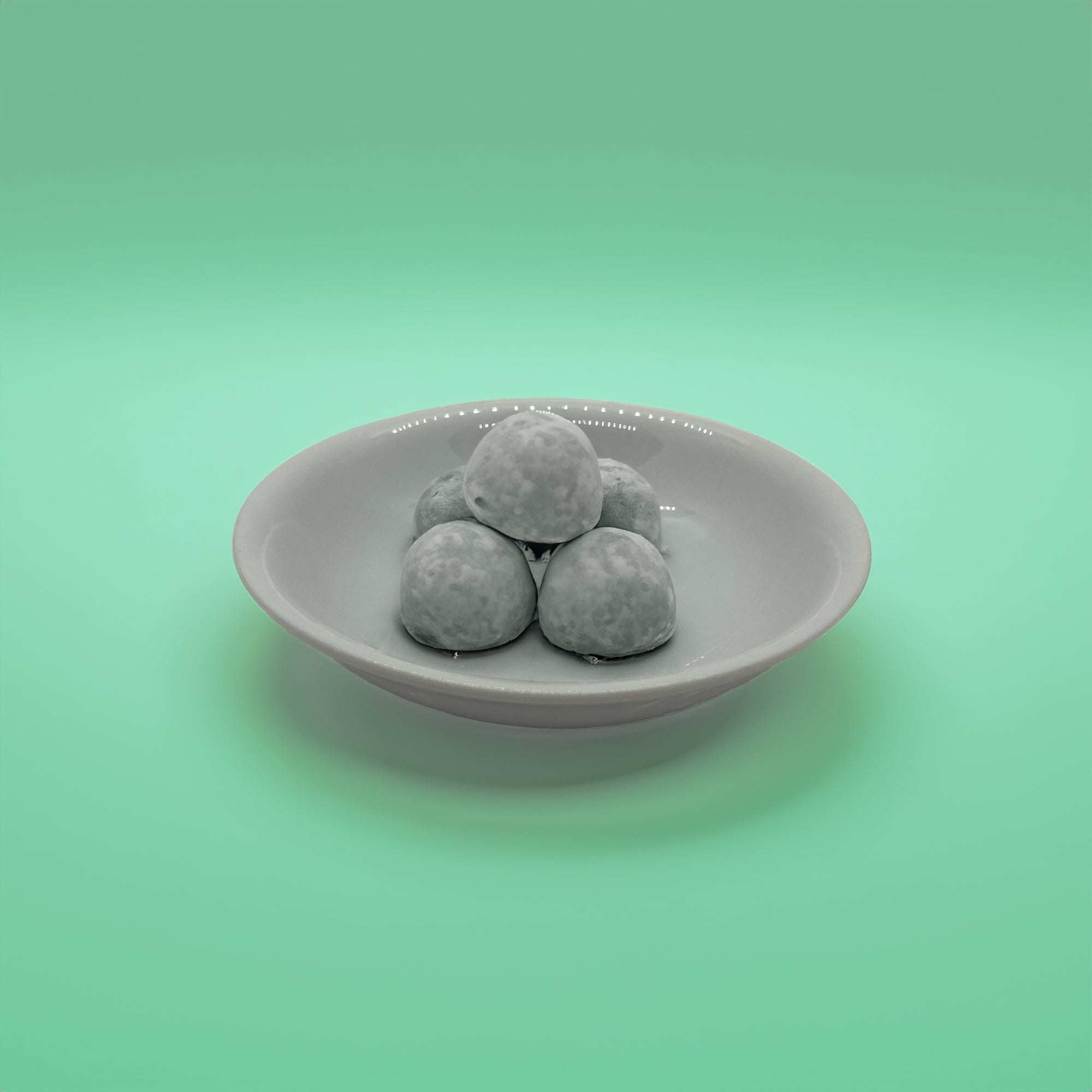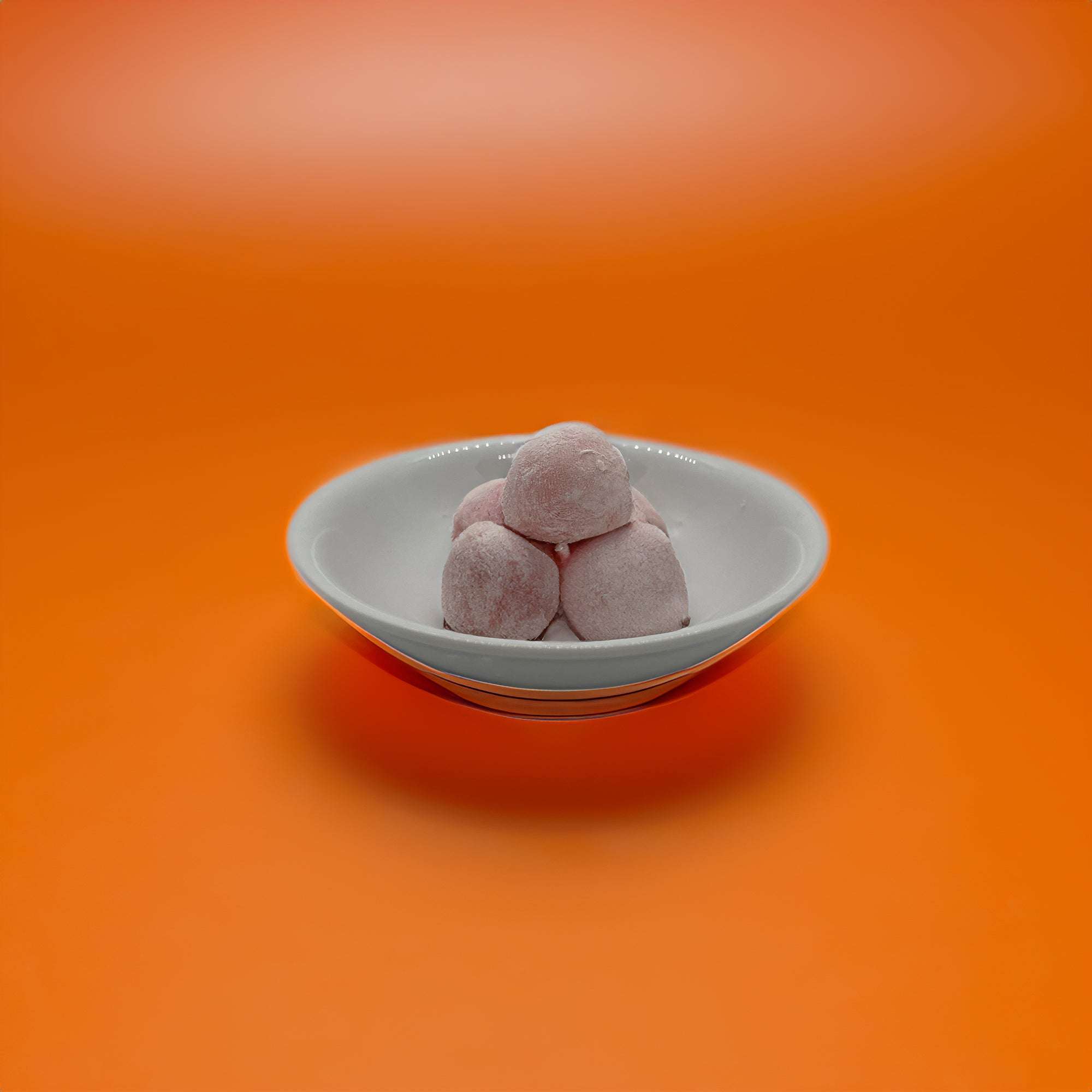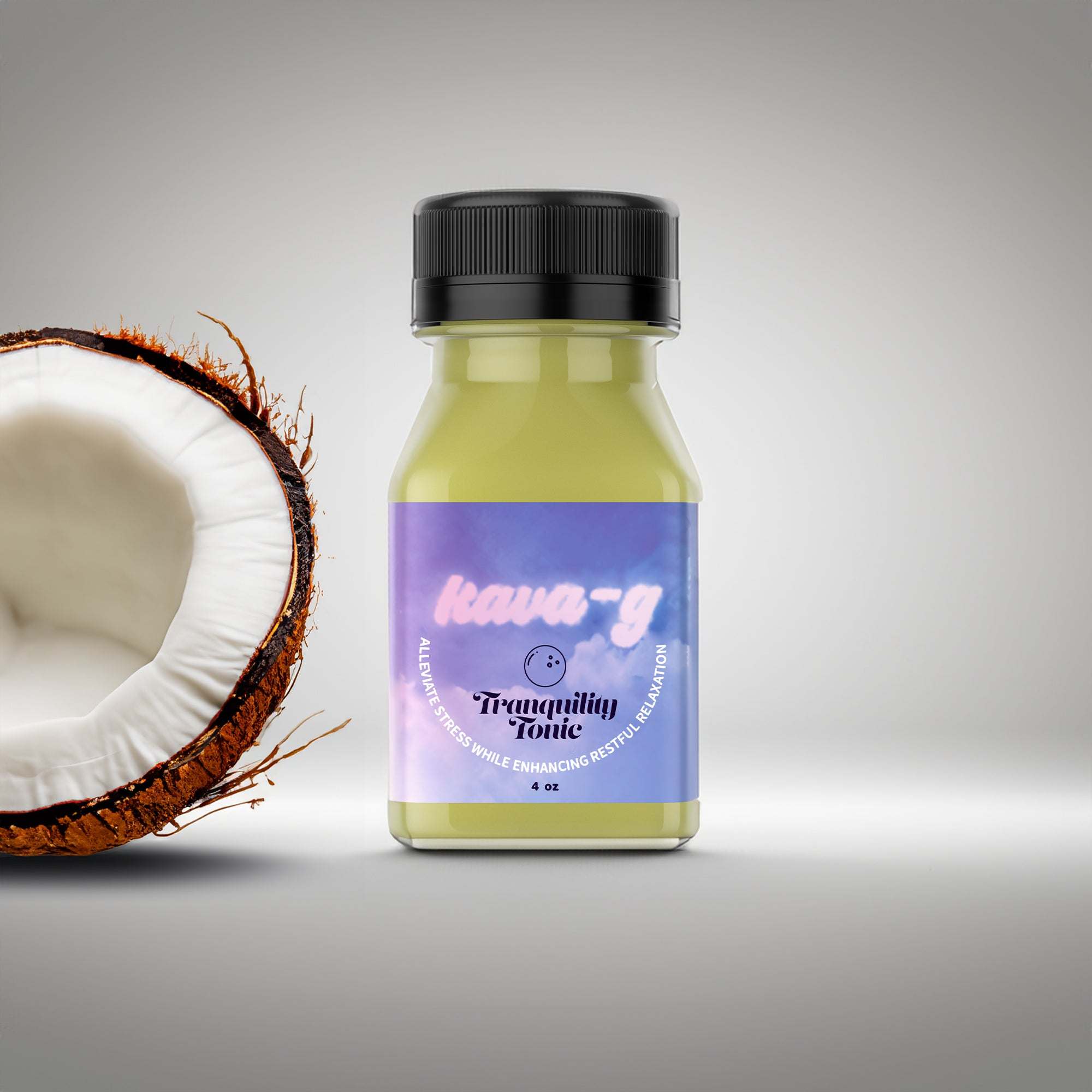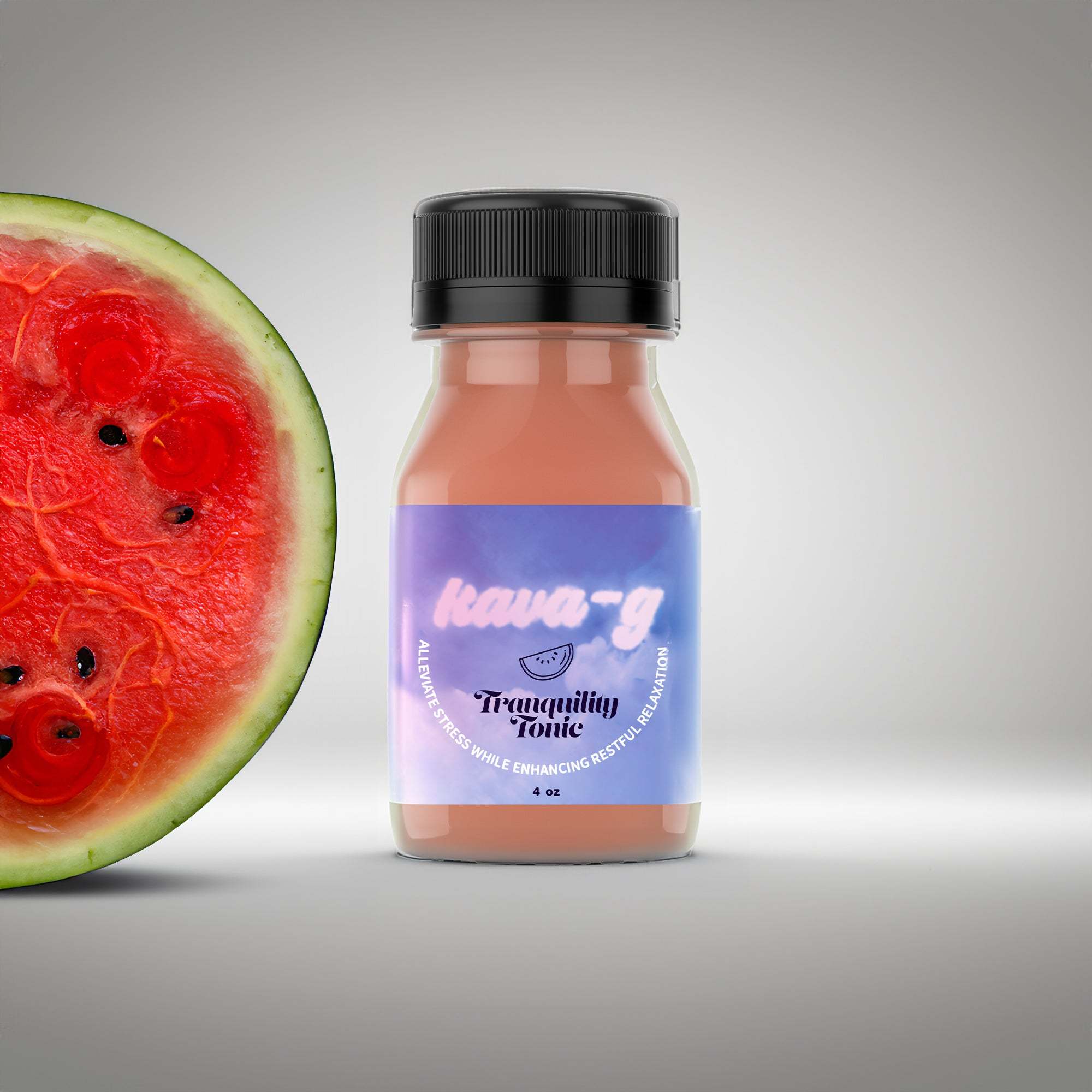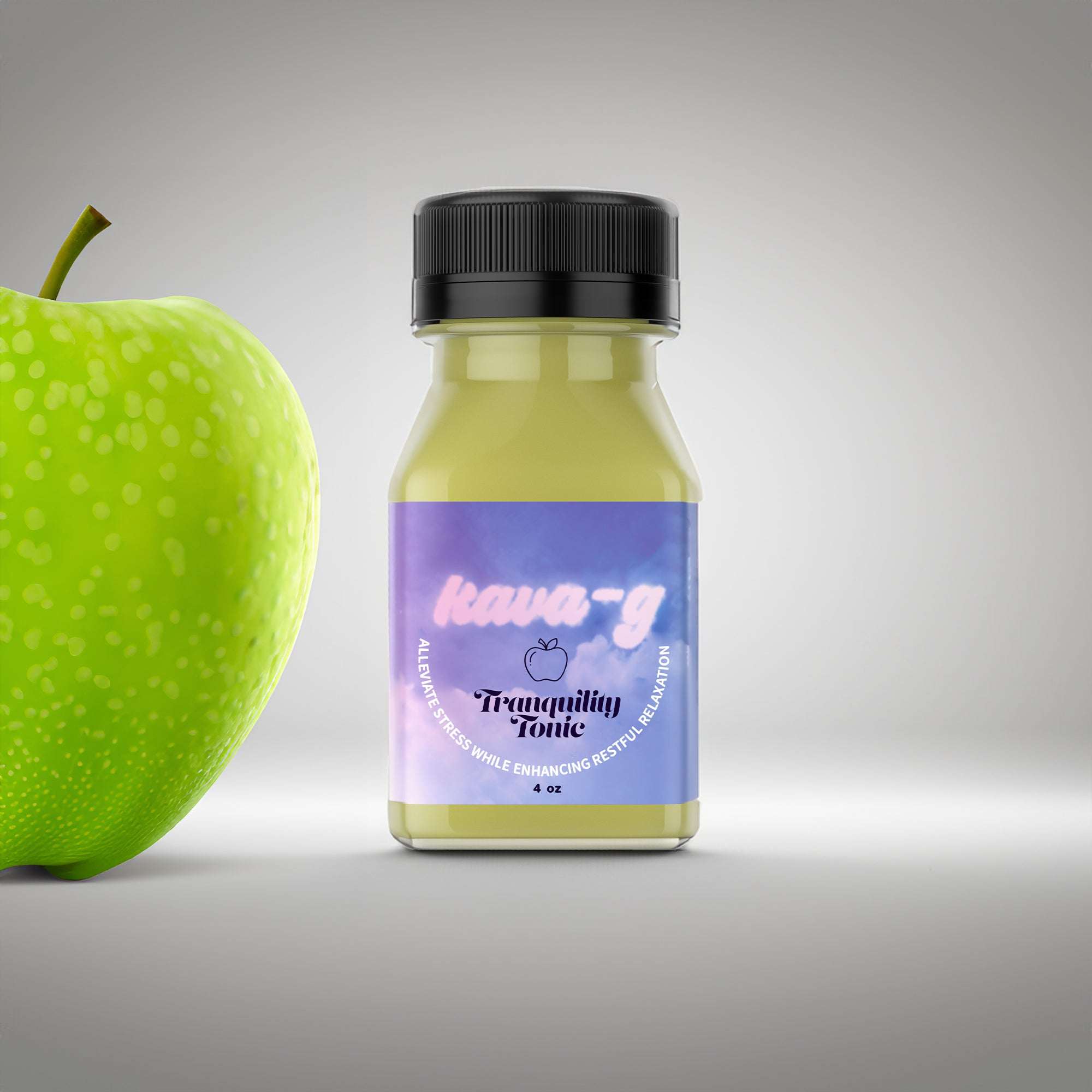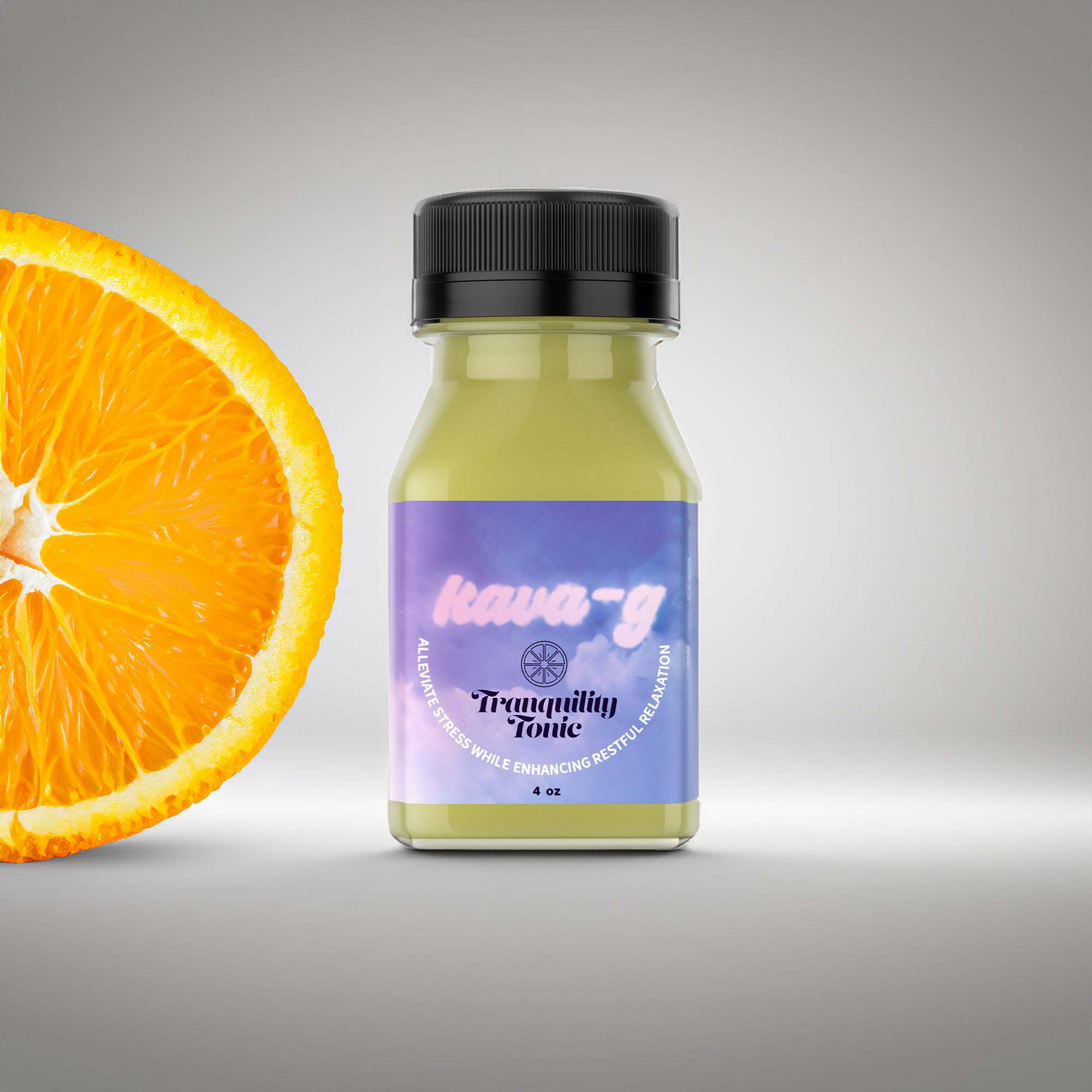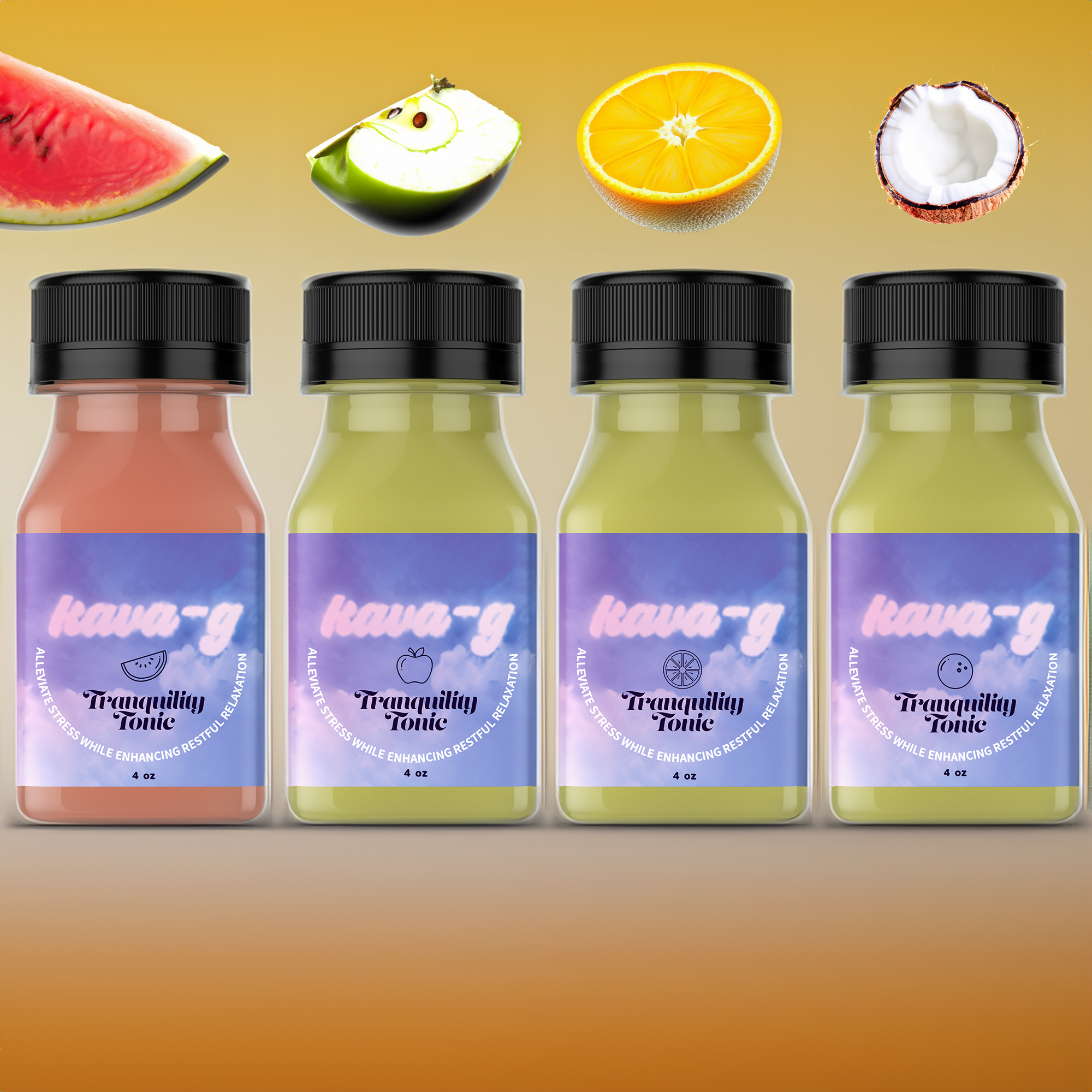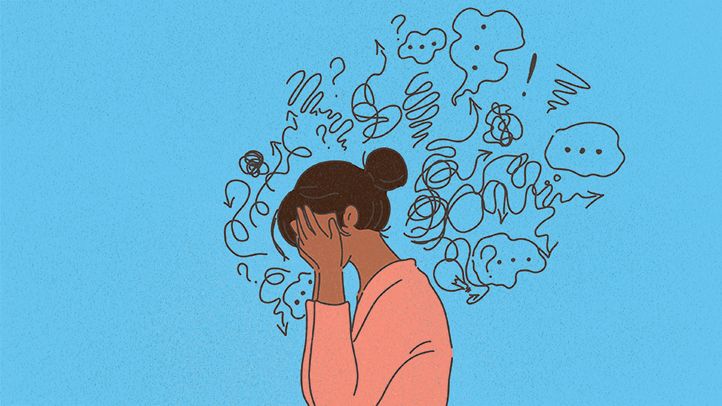

· By Shayan Alimohammadi
kava and anxiety
For example, a 2013 review of 11 randomized controlled trials found that kava was significantly more effective than placebo in reducing symptoms of anxiety. Another study published in the Journal of Clinical Psychopharmacology found that kava was as effective as the prescription anti-anxiety medication oxazepam for reducing symptoms of anxiety.
One of the active compounds in kava, called kavalactones, is thought to be responsible for its anxiolytic effects. Kavalactones work by increasing the activity of GABA receptors in the brain, which can help to reduce anxiety and promote relaxation.
However, concerns have been raised about the potential for kava to cause liver damage. In 2002, the U.S. Food and Drug Administration (FDA) issued a warning about the potential risk of liver damage associated with kava use. This warning was based on reports of liver toxicity and liver failure in people who had used kava supplements.
Subsequent research has suggested that the risk of liver damage from kava use may be relatively low. A 2016 review published in the journal Clinical and Experimental Pharmacology and Physiology concluded that the available evidence suggests that kava is safe for short-term use when taken at recommended doses. The review noted that while there have been some reports of liver damage associated with kava use, these cases are relatively rare and are often associated with the use of poor quality or adulterated kava products.
Tips for Using Kava Safely for Anxiety
If you're interested in using kava to help manage symptoms of anxiety, there are some steps you can take to use it safely:
Choose high-quality kava: To ensure the safety and efficacy of your kava, it's important to choose a reputable source that sells high-quality kava. Look for kava that is labeled as Noble kava, which is considered to be the safest and highest quality variety of kava.
Use the right amount: It's important to use the right amount of kava to achieve the desired effects without overdoing it. The recommended dose of kava varies depending on the individual and the form of kava used (such as powdered kava or kava supplements). As a general guideline, it's recommended to start with a low dose of 100-200 mg of kavalactones (the active compounds in kava) and gradually increase the dose as needed.
Use kava responsibly: Kava is a powerful plant that can cause sedation, relaxation, and altered perception. It's important to use kava responsibly and avoid driving, operating heavy machinery, or engaging in activities that require concentration or coordination after using kava.
Be aware of potential risks and side effects: While kava is generally considered safe when used responsibly, there are some potential risks and side effects to be aware of. These can include liver damage (especially with long-term use or high doses), allergic reactions, and interactions with certain medications or supplements. If you experience any negative side effects after using kava, stop
